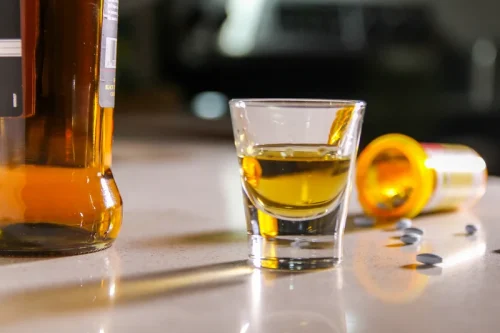
Role-playing exercises teach skills like Halfway house assertiveness and coping strategies. Fitness classes, like yoga or team sports, promote physical health and build camaraderie. Outdoor activities such as hiking foster a sense of adventure and connection with nature. These self-sufficient survival skills support recovery by building social skills and providing positive cognitive changes.
Introducing the Newest Alternative to Denver Sober Living Houses

Plus, it’s a great way to incorporate gratitude into group therapy activities, by encouraging participants to include positive emotions and experiences in their collages. The benefits of group activities for adults in recovery are manifold. They break down the walls of isolation that addiction often builds, fostering a sense of belonging and community. Participants realize they’re not alone in their struggles, which can be incredibly validating and empowering. Other goals of group therapy include gaining inspiration through the recovery of others, self-identifying as a recovering addicting, and examining core values. Participants support and nurture each other like a family by reinforcing good behaviors and helping each other cope during difficult tasks.
Sudafed Addiction in the UK: Recognizing Signs and Seeking Help
In this session, members reflect on achievements and strengths that reinforce their self-worth and provide motivation for their recovery journey. Gratitude discussions foster a positive outlook by focusing on what members appreciate. Each week, members share someone or something they’re grateful for, which can shift focus away from stress and reinforce optimism in recovery. Playing games such as board games, card games, or even video games can offer a sense of relaxation and enjoyment. It also promotes healthy competition, teamwork, and problem-solving skills. Moreover, reading together as a group can foster empathy, understanding, and connection among fun activities for recovery groups individuals.

Mental Health Treatment Center
- I’ve encountered individuals who transformed from feeling stuck and hopeless to being motivated and proactive, all thanks to these activities.
- That’s where goal-setting and future-planning activities come into play, helping participants envision and work towards a brighter future.
- It can also be incorporated into other activities, such as art therapy or book clubs.
- This session invites members to explore their spiritual beliefs—whether through mindfulness, religion, or connecting with nature—and discuss how these beliefs can support sobriety.
- When facilitators create a safe, healing environment, individuals are more likely to stay motivated, connected, and committed to their journey toward a substance-free life.
Ask participants to take turns listing effective self-care practices they’ve found helpful, like eating a balanced diet, getting adequate sleep, and exercising regularly. Recovery Guide LLC does not endorse any treatment provider, and we do not guarantee the quality of care, outcomes, or results from any treatment program listed or advertised on our site. All information is provided for informational purposes only and is not a substitute for professional medical advice.






